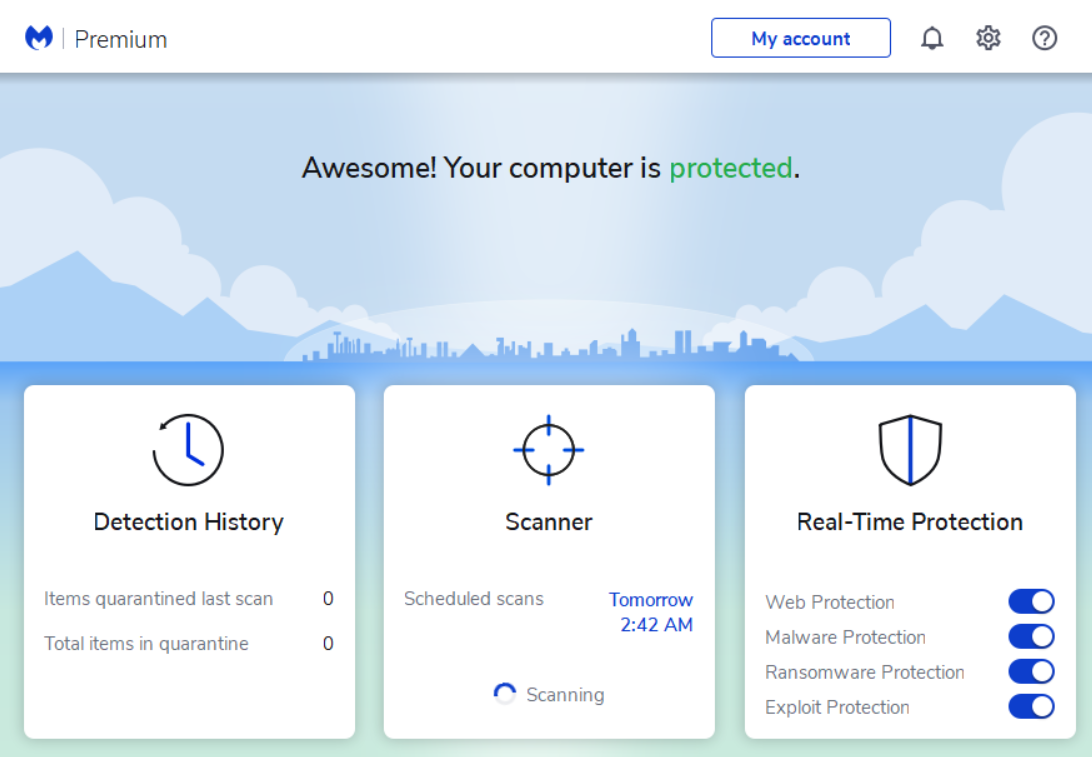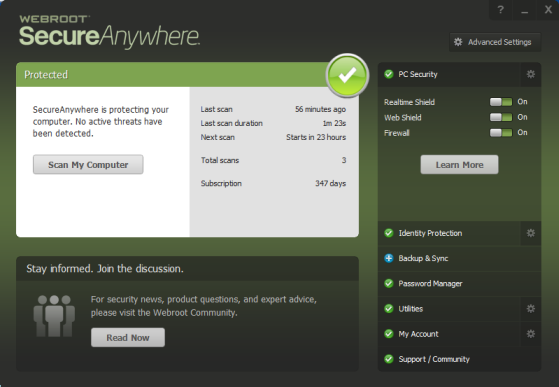It all started when I was 24 years old and just starting my career in the cybersecurity world.
Working for a company that specializes in providing security solutions to organizations, I had quite some experience under my belt when it came to selecting the right antivirus software.
Unfortunately, on more than one occasion, I made the wrong decision – choosing an antivirus system that didn’t have what it took to protect our customers from malicious attacks.
After months of struggling with these less-than-ideal systems, I eventually discovered Malwarebytes and Webroot.
In 10 months with Malwarebytes alone, we saved our clients around $5,000 each month! With Webroot, this number went up even higher – reaching $7,800 saved by each organization per month! My obsession with finding the perfect security solution paid off for everyone involved.
Since then, I’ve been a cybersecurity expert, helping many companies select the best protection for their networks and data storage systems (and ensuring they stay safe from unwanted intruders).
This Malwarebytes vs Webroot Security comparison gives you more detail about the security system and which wins!
Content Outline
Main Differences between Webroot and Malwarebytes:
The main differences between Malwarebytes and Webroot are:
- Malwarebytes offers discounts for multiple devices, while Webroot doesn’t.
- Webroot provides strong identity protection features, which Malwarebytes lacks.
- Webroot offers more features for the price, whereas Malwarebytes offers fewer features.
If you haven’t installed antivirus software, you’re leaving yourself vulnerable to threats. However, choosing the best antivirus solution can be challenging.
About Malwarebytes
Malwarebytes is a security software company that produces various anti-malware software products. The company has been in business since 2004 and has a large customer base.

The company’s products have been well-received by the public, with many customers praising the software for its ability to detect and remove malware. However, some customers have had negative experiences with the software.
Some customers have complained that the software is difficult to use, while others have said it does not work as well as it should. Some customers have reported that the software caused their computers to crash.
Despite these complaints, most of Malwarebytes’ customers are happy with the product and would recommend it to others. The company has a 4 out of 5-star rating on Amazon, and most of the negative reviews are about specific features of the software that some people don’t like.
Overall, Malwarebytes is an excellent anti-malware solution that has received mostly positive customer reviews.
About Webroot
Webroot Inc. was founded in 1997 by a group of tech-savvy entrepreneurs who aim to make the world safer and more secure online.

Through years of hard work and dedication, they succeeded in their mission and have become one of the most successful cybersecurity software companies in America.
Today, Webroot provides Internet security to consumers and businesses worldwide. With state-of-the-art technology constantly being updated, customers can be assured that their data is safe from any cyberattack or malicious activity.
Webroot keeps customers’ computers secure and helps protect them from identity theft, phishing scams, malware attacks, and other cyber threats.
Malware Protection
Most users purchase an antivirus program to protect themselves against viruses or malware. It is one of the most important aspects of an antivirus program. Both of these software have been tested personally by me to determine which offers the best protection.
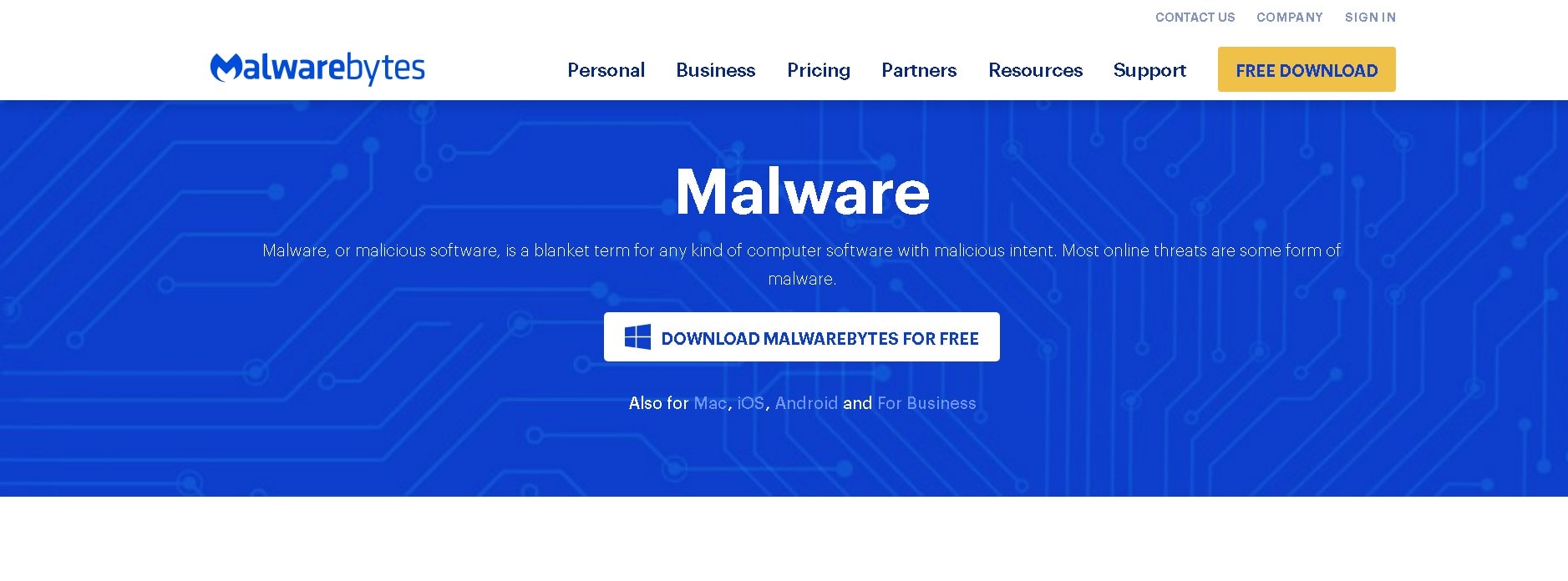
Users wonder if Webroot is effective against malware since it isn’t popular. Webroot performed brilliantly in my tests and could identify and remove the malware programs in real-time.
Malwarebytes could detect and remove popular and newly developed viruses during my tests. Despite this, I only had a problem with Malwarebytes, which mistakenly classified some of my encrypted files as malware. Its email protection is also insufficient.

Webroot vs Malwarebytes: Pricing
Both Webroot and Malwarebytes offer their users a yearly subscription. The options provided by Malwarebytes include:
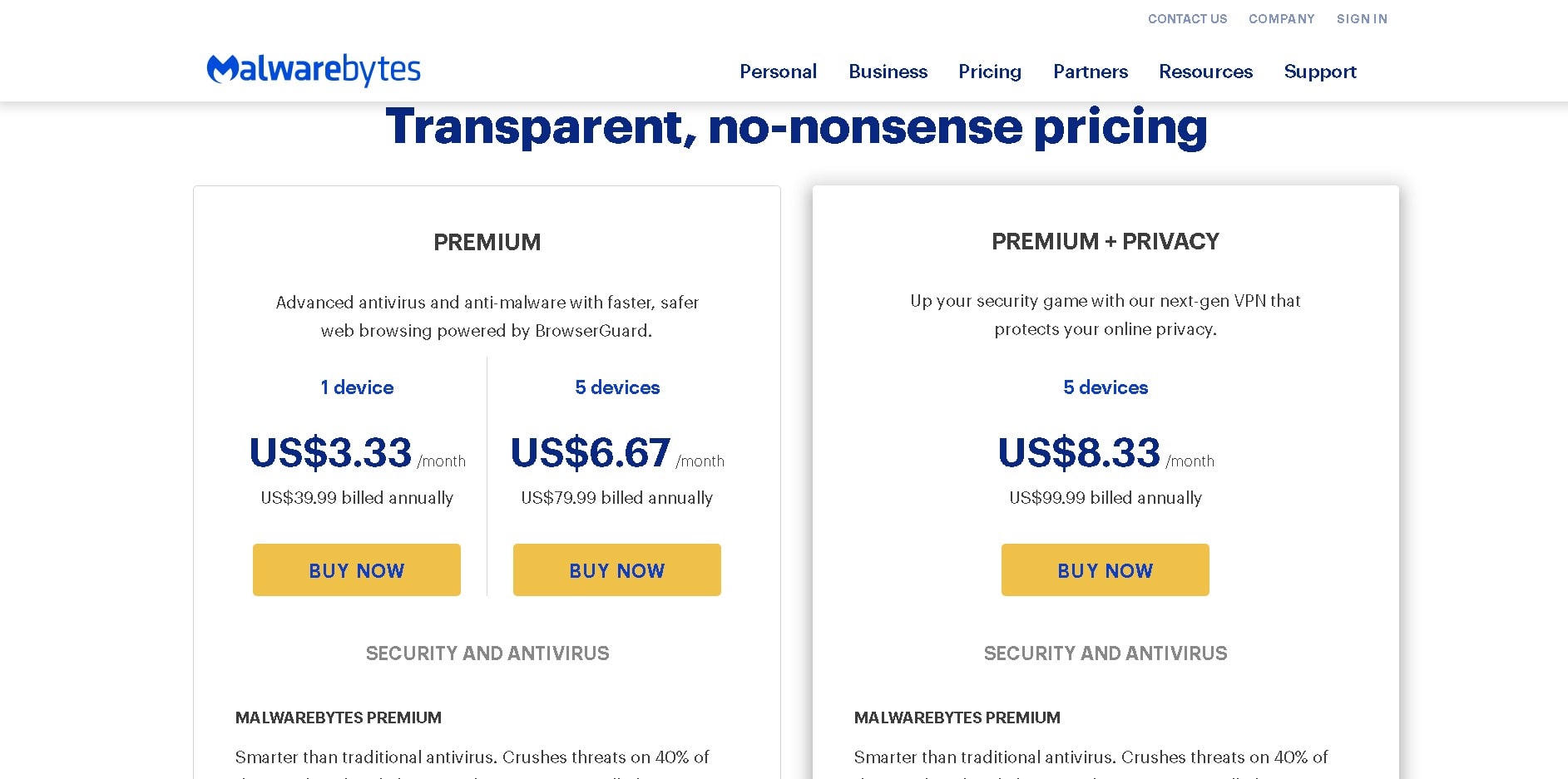
Malwarebytes Plan 1
Feature: With this plan, you can secure 1 device and obtain impressive security tools.
Cost: $3.33 per month, or $39.96 annually.
Malwarebytes Plan 2
Feature: Security features are included in this plan, which lets you secure 5 devices.
Cost: $6.67 per month or $80.04 per year.
Malwarebytes Plan 3
Feature: This plan offers security and privacy features and the ability to secure up to 5 devices.
Cost: The monthly cost is $8.33, which equals $99.96.
With Webroot, you can also choose from three subscription plans. You can choose from:
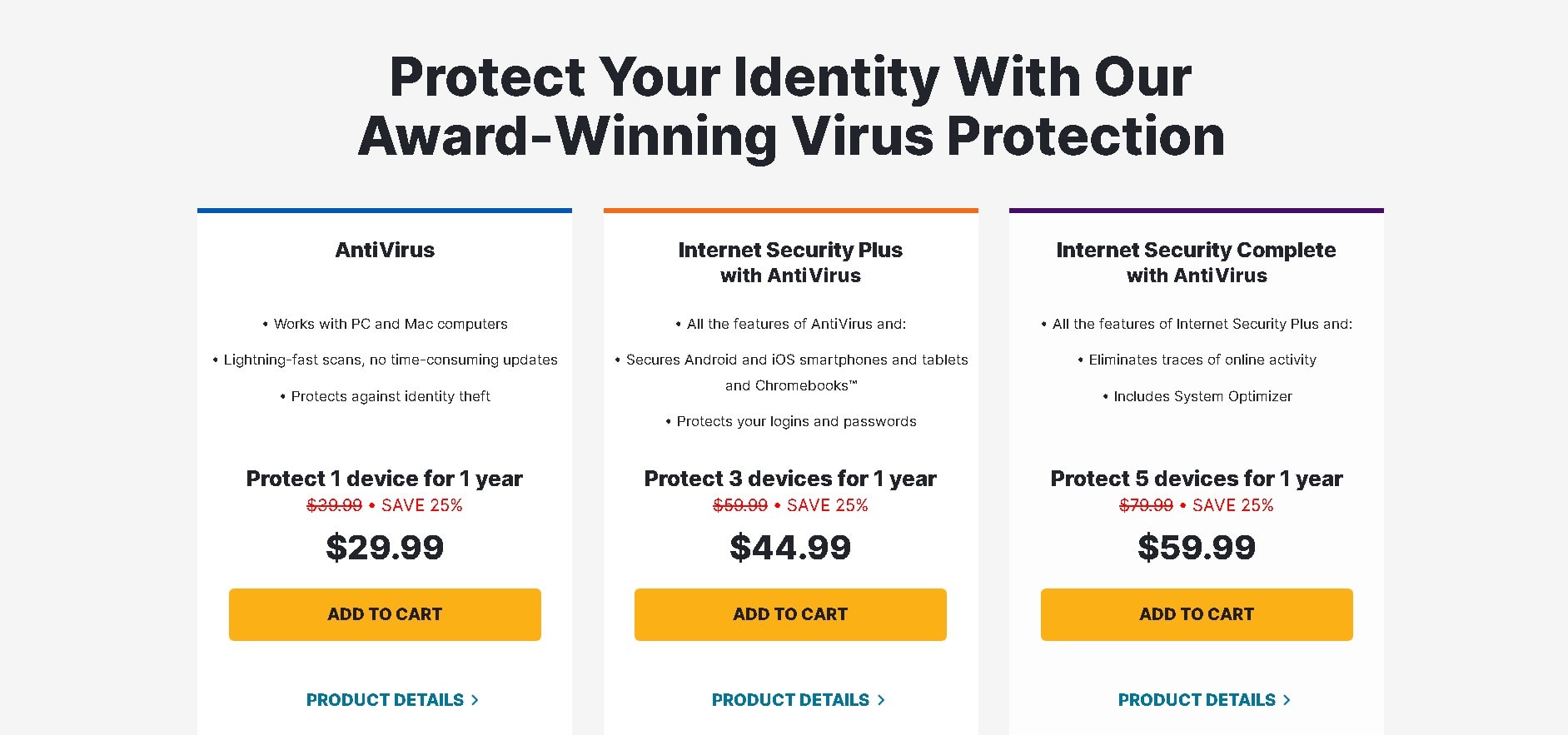
Webroot Antivirus
Features: Contains security-oriented tools and can be installed on one device.
Cost: This plan costs around $29.99 yearly or $2.49 monthly.
Webroot Security Plus with Antivirus Plan
Features: You can use this plan on 3 devices, and it features security tools.
Cost: This plan costs $37.49 per year or $3.12 monthly.
Webroot Internet Security plus with Complete Antivirus
Features: This plan offers security and privacy features with the option of protecting three devices.
Cost: Annually, $64.98, which is $5.41 per month.
Therefore, these are the pricing details for Malwarebytes vs Webroot. You can use these two antiviruses on various devices like Windows, Macs, Androids, and iOS.
User Support
Malwarebytes’ support team cannot be contacted. FAQs, blogs, and tutorials are available for most issues. You can also use chat support to chat with a robot.
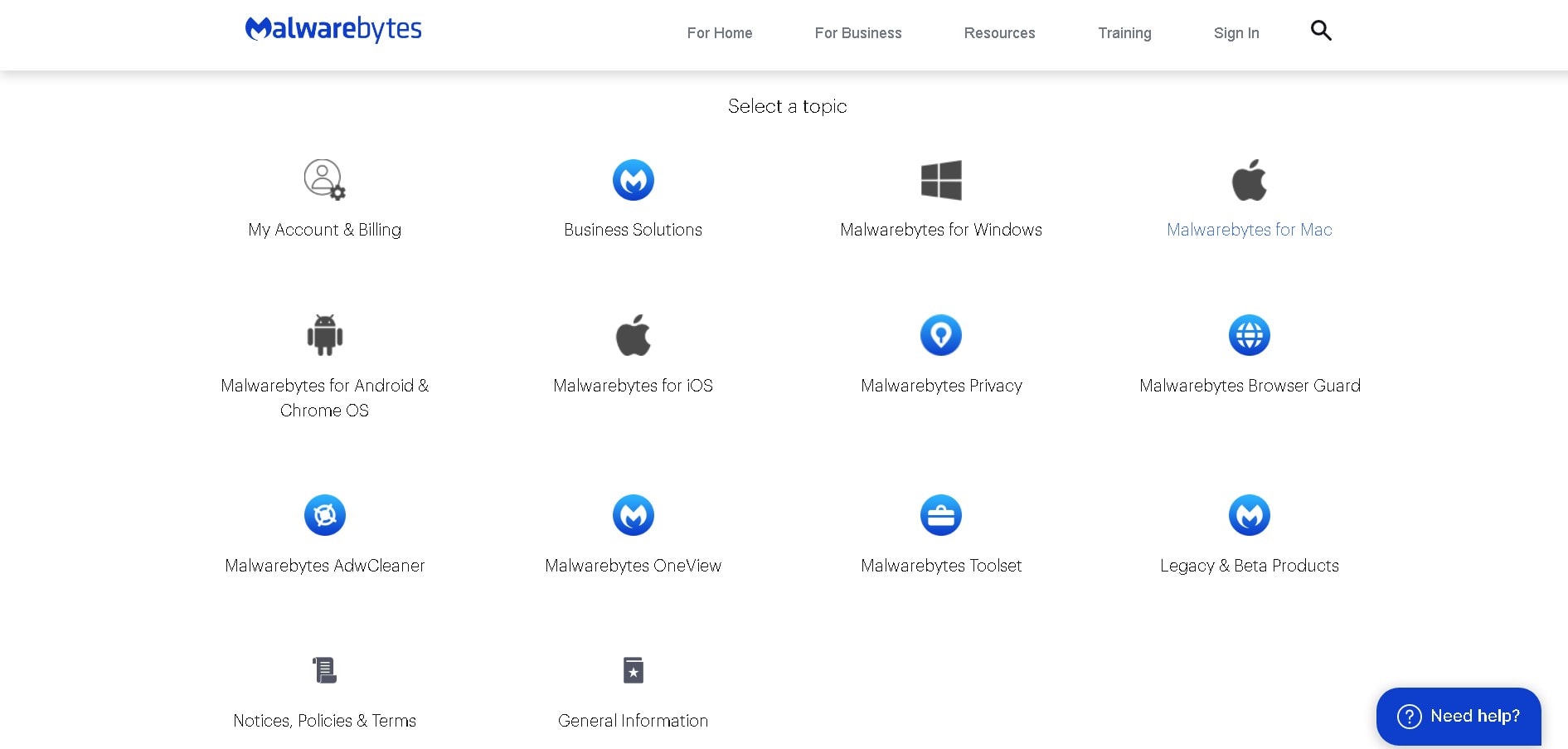
In contrast, Webroot offers decent user support. Blogs and tutorials are well-written. You can also contact Webroot’s support team by email or ticketing system.
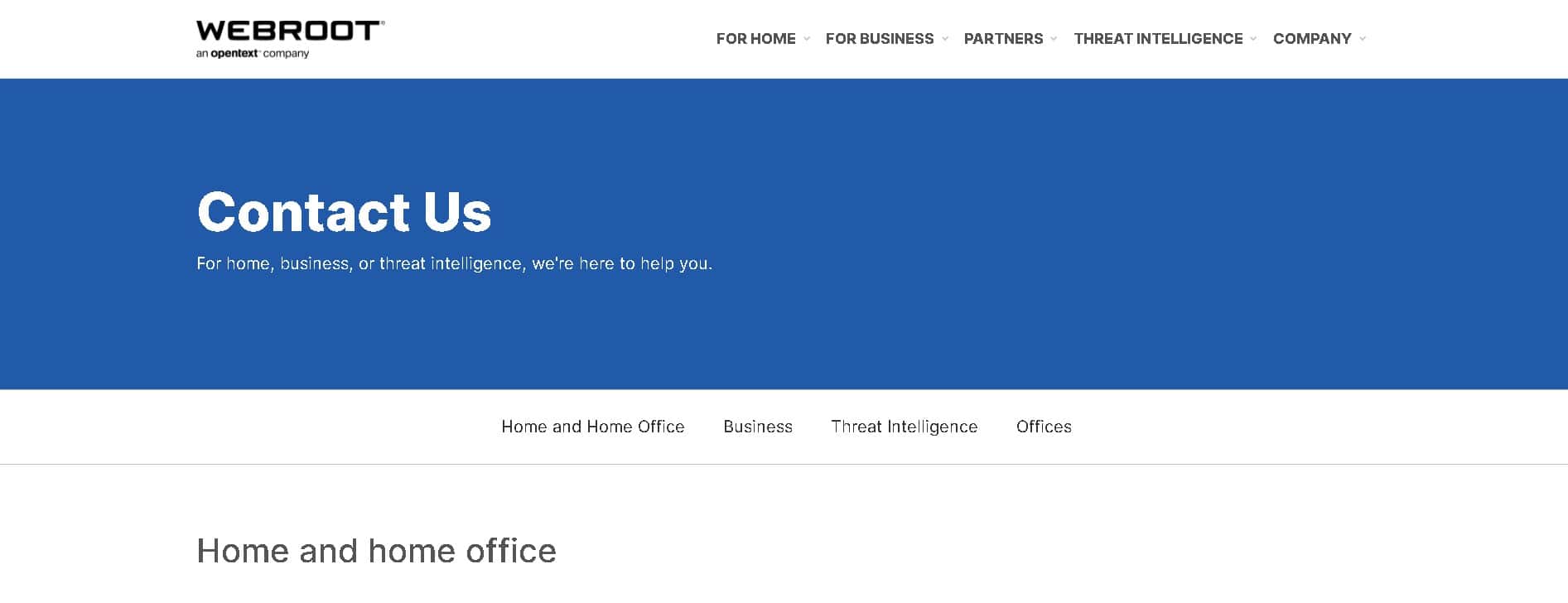
As far as user support is concerned, Webroot has an advantage over Malwarebytes antivirus.
FAQs: Malwarebytes Vs Webroot
👉 Is Webroot effective against malware?
Webroot is effective against different types of malware. Check out the detailed comparison of Webroot vs Malwarebytes for more information.
👉 Is Malwarebytes an effective antivirus?
You can use Malwarebytes to protect yourself against different types of antivirus. It has some drawbacks, however. As a result, you can use a better antivirus such as Webroot, Norton, Avast, etc.
👉 Does Webroot protect against ransomware?
Ransomware attacks are also protected by Webroot. Malicious programs are blocked and removed from the device.
👉 How to install Malwarebytes?
The installation of Malwarebytes can be done by visiting the Malwarebytes official website and selecting the download option. To install the file, double-click it once it has been downloaded.
Conclusion: Which One Is Better Antivirus Software?
What a competition it was! It seemed, for a moment, that nobody was going to take the lead––but at the end of it, Webroot came out on top. Incredibly, both Webroot and Malwarebytes tied in one category; however, Webroot just managed to scoop up three of the other four categories.
It was a close race, though, and it’s evident that both sides need to up their game to combat malicious software. There is a real need for more independent assessments to show the world that they won’t be taken lightly and that they truly are trustworthy.
If you are looking for other comparisons, check out here:




